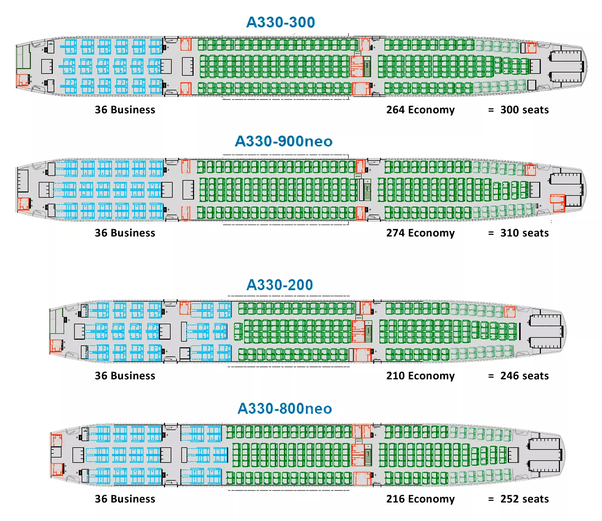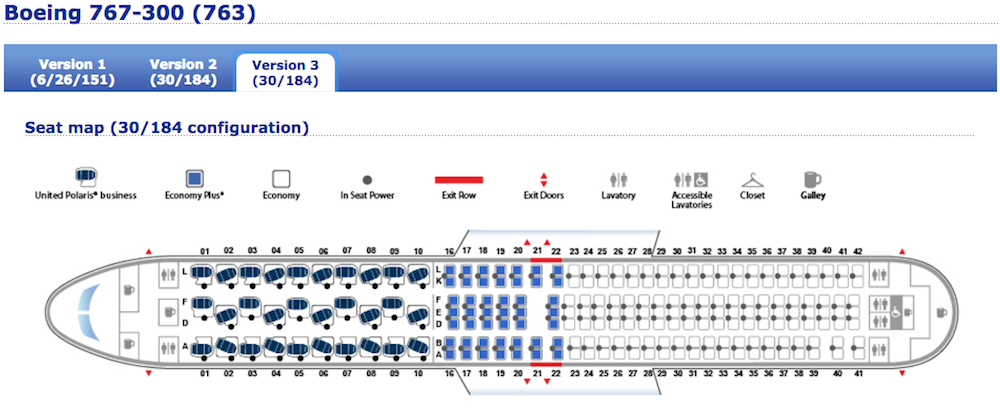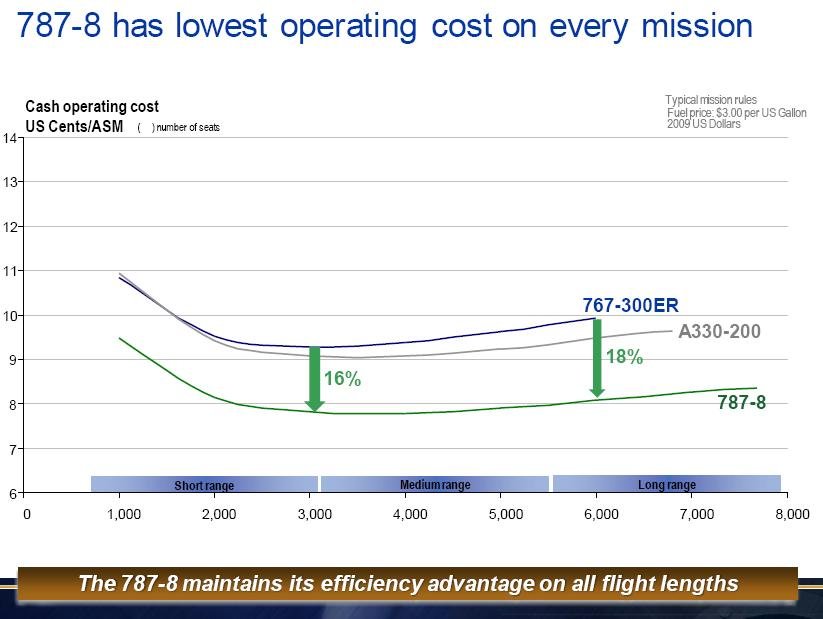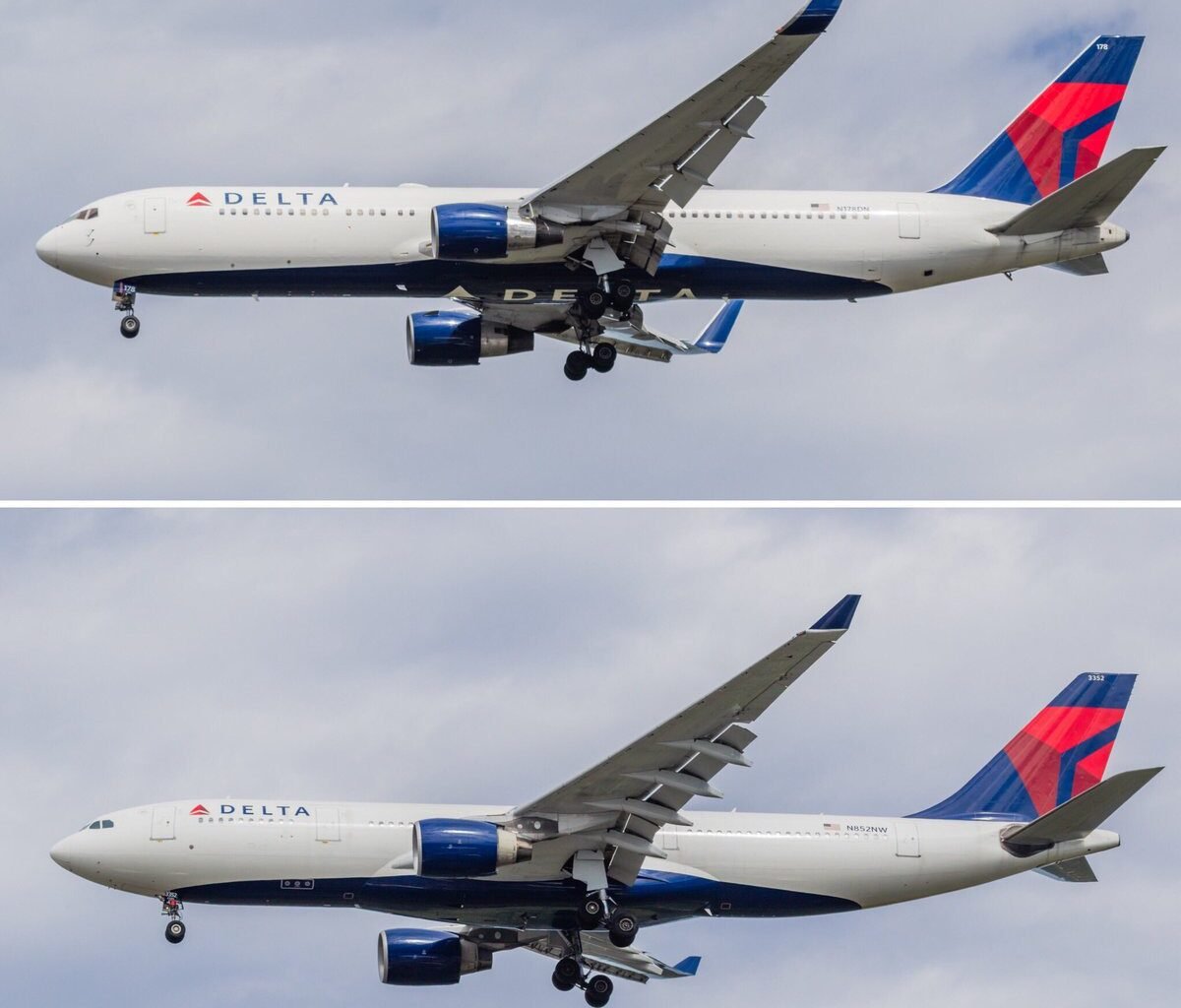Which fares better?
Airbus A330-200 and Boeing 767 are not new technologies. However, they used to be, in their own prime times. Both aircraft have served the aviation industry pretty well and they are still in service with many carriers. Although, both, A330-200 and Boeing 767 have lately become more prominent in their cargo role their contribution as a commercial airliner cannot be over-emphasized.
Watch This
Brief History
Airbus A330-200 first flew in August 1997 whereas, the Boeing 767 made its maiden flight in September 1981. So, technically they both stand at 15 years apart in terms of their existence in the aviation industry. They are actually in a different size class from each other, but their roles are similar. The 767 is the smallest wide-body airplane that is flying, whereas the A330 is a noticeable step larger.

Seating Configuration
By looking at this comparison, Airbus A330-200 is actually bigger than the Boeing 767 in terms of fuselage length, cross-section, and wingspan. Similarly, in terms of seating configuration, A330-200 enjoys eight abreast seats with a 2 x 4 x 2 configuration whereas, Boeing 767 has a seven-seat abreast with a 2-3-2 seating configuration. Although Boeing 767-400ER has a 2 x 4 x2 seating configuration it’s all too cramped up due to the smaller fuselage cross-sectional area.
Variants and Seating Capacities
Airbus A330
The A330 comes in two passenger variants, the -200 and the -300. The -200 variant can carry up to 406 passengers in a tight 1 class configuration (246 typical), and the -300 variant can carry up to 440 passengers (300 typical).

Boeing 767
Boeing 767 is relatively smaller than the A330-200 in terms of seat capacity. Like the A330, the Boeing 767 also has different variants with varying capacities. The -200 variant can accommodate approximately 184 passengers whereas, the -300 variant (the most common one among all) accommodates approximately 220 passengers. The -400 variant carries approximately 245 passengers.

General Comparison
Comparisons are better in numbers therefore, the general comparison is laid out to create a better understanding between the two aircraft. In addition to the seating capacities, there are also differences in the airframe, power plant, and ranges of these two aircraft.
Airframe
The A330-200 has a larger airframe with a fuselage length of 193 ft as compared to the 180 ft of Boeing 767. Similarly, the Airbus -200 variant has a wingspan of 197 ft as compared to 156 ft for Boeing 767. Moreover, A330 is 57 ft high as compared to Boeing 767 with a height of 51 ft.
Power Plant
Both A330-200 and Boeing 767 are powered by one of the three turbo engines including Rolls Royce, Pratt, and Whitney, or General Electric. Both aircraft have twin engines however, there is a difference in thrust between the two. The combined thrust for an Airbus engine is 144000 lbf whereas, is 126600 lbf for a Boeing 767. These figures show that A330-200 has more thrust as compared to its counterpart.
Range and Capacities
Airbus A330-200 has a range of 12500 km (6750 nm) whereas, Boeing 767 has a range of 11300 km (6102 nm). Airbus also takes the lead here. (Third Streak!)
Analysis
By looking at the number comparison, the A330-200 is no wonder a bigger plane. Bigger means carrying more passengers and more cargo. However, bigger in aviation means more costly as well. Interestingly, while looking at the operational cost vs range comparison for Boeing 767-300ER, Airbus A330-200, and Boeing 787, the Dreamliner turned out to be the best cost-saving aircraft for all the short, medium, and long-range flights.

However, A330-200 also turned out to be better than the Boeing 767 in the medium and long-range flights. It even performed better in the early range of short-range flights. So, the overall performance of A330-200 in terms of operating cost saving is better than the Boeing 767 despite being bigger in size. That makes it a better competitor in the overall comparison with the Boeing 767.
Featured Image: Flickr
Written by guest writer, Faisal Bashir




